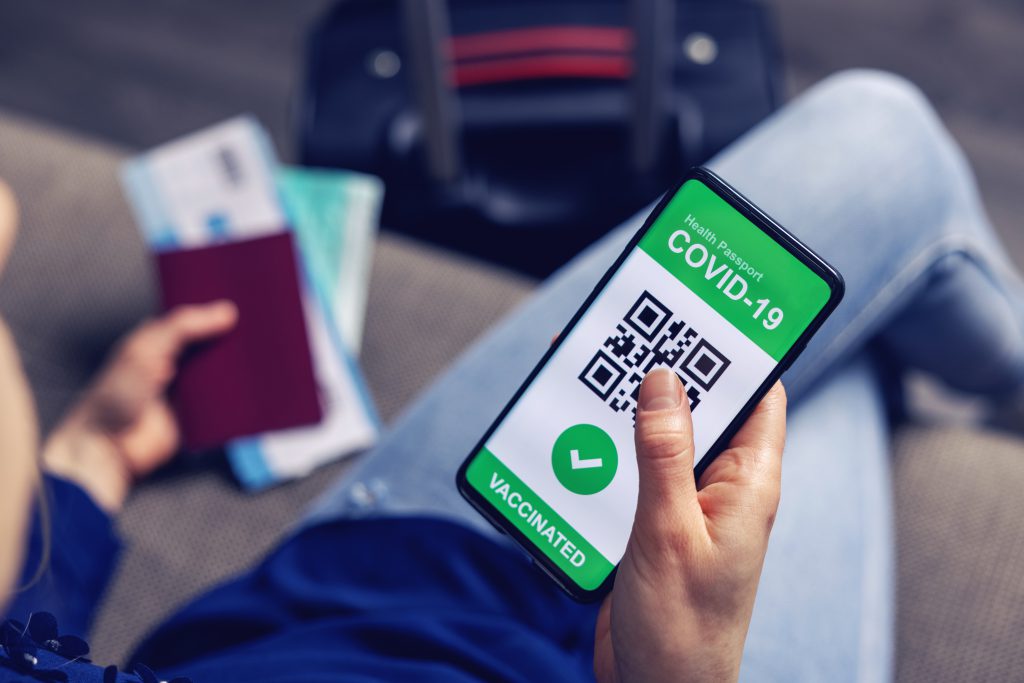Parliament gives its final green light to the EU Digital COVID Certificate

MEPs completed the legislative work on the EU digital COVID Certificate package to facilitate travel within the EU and contribute to the economic recovery. Plenary passed the new EU digital COVID Certificate Regulations with 546 votes to 93 and 51 abstentions (EU citizens) and with 553 to 91 and 46 abstentions (third country nationals).
The certificate will be issued free of charge by national authorities and be available in either digital or paper format containing a QR code. The document will certify that a person has been vaccinated against COVID-19, has a recent negative test result or has recovered from the infection. In practice, these will be three distinct certificates. A common EU framework will make certificates interoperable and verifiable across the European Union, as well as prevent fraud and forgery.
The system will apply from 1 July 2021 and be in place for 12 months. The certificate will not be a precondition for free movement and will not be considered a travel document.
Additional travel restrictions only if duly justified
During the inter-institutional negotiations, MEPs secured an agreement that EU states will not be able to impose additional travel restrictions on certificate holders – such as quarantine, self-isolation or testing- “unless they are necessary and proportionate to safeguard public health”. Scientific evidence, “including epidemiological data published by the European Centre for Disease Prevention and Control (ECDC)” will have to be taken into account. The measures should be notified if possible 48 hours in advance to other member states and the Commission, and the public should be given 24 hours’ notice.
Affordable and accessible testing
EU states are encouraged to ensure that testing is affordable and widely available. At the request of the Parliament, the Commission promised to mobilise €100 million under the Emergency Support Instrument so that member states can purchase tests to issue EU digital COVID test certificates.
Vaccines
All EU countries must accept vaccination certificates issued in other member states for vaccines authorised by the European Medicines Agency (EMA). It will be up to the member states to decide whether they also accept certificates for vaccines authorised following national authorisation procedures or for vaccines listed by the World Health Organisation (WHO) for emergency use.
Data protection safeguards
All personal data has to be processed in line with the General Data Protection Regulation. Certificates will be verified offline and no personal data will be retained.
The text will now have to be formally adopted by the Council and published in the Official Journal, for immediate entry into force and application from 1 July 2021.
